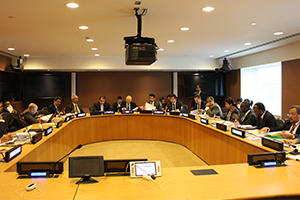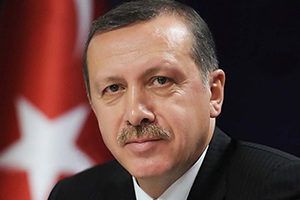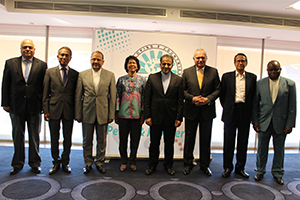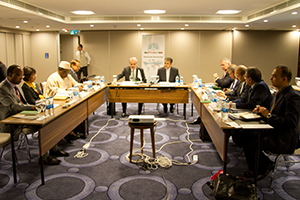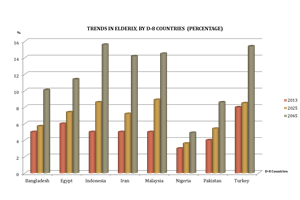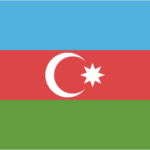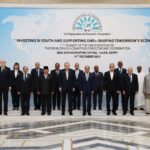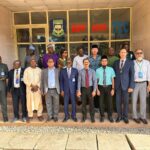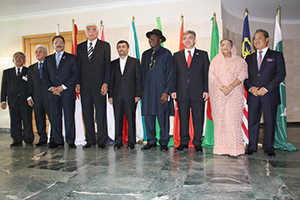
D-8 Organization aim to reach a preferential trade agreement by next year to try to double trade and deepen economic cooperation, Nigerian government officials said on Thursday.
Heads of state and ministers from the Developing Eight Countries (D8) Iran, Nigeria, Bangladesh, Egypt, Indonesia, Malaysia, Pakistan and Turkey – met in Nigeria to discuss developing business ties and reducing trade barriers, earlier this week in the D-8 Head of States Summit in Abuja. This 7th D-8 summit ended on Friday with the signing of a pact on three multilateral agreements to further economic cooperation and mutual engagements among member states.
The three agreements are the simplification of visa procedures for businesspersons of D-8 member states, the preferential trade agreement and the multilateral agreement on administrative assistance in customs matters.
Declaring the seventh summit of the group open in Abuja, Jonathan said Nigeria was blessed with abundant human and natural resources that the D-8 members could exploit.
The president said: With a population of 150 million, Nigeria is not only Africas most populous country, but also a preferred investment destination on account of its abundant human and natural resources.
These are assets that we are making available to investors in D-8 member-countries to exploit, he said.
Jonathan said he would welcome proposals for the establishment of the D-8 Joint Investment Fund as a vehicle for expanding the scope, volume and value of trade and investment among member-states.
While the role of government as a catalyst and enabler of economic growth remains pivotal, the primary driver of this process must be the private sector, Nigerian President Goodluck Jonathan told the summit.
Trade between the member nations of the D8, which was created in 1997 to try to foster economic cooperation between developing nations, is estimated at around $68 billion a year, or about three percent of global trade.
Only the agreement on simplification of visa procedures for businessmen has entered force even though three states are yet to ratify it, Malaysias Deputy Prime Minister Tan Sri Muhyiddin Yassin said while handing over of the leadership of the D-8 to Nigerias President Goodluck Jonathan.
The D-8 should be looking at real economic collaboration and supporting investments and economic ventures to enhance our economic cooperation objectives, he added.
Muhyiddin said there was an earnestness among delegates for the D8 to move forward despite the various domestic matters each of the countries had to attend to.
We want tangible cooperation which, we believe, we can achieve under the leadership of Nigeria, he said. At the summit, Malaysia handed over to Nigeria the chairmanship of D8, which it had held since 2008.
Muhyiddin said it was necessary to emphasise the role of the private sector at the early stage in any proposed project.
The private sector would need the support of the governments of the member countries for the project to proceed smoothly, he said.
The aim is to double trade in the next five years, Abdul Qadir Memon, Pakistans deputy secretary at the commerce ministry, said on the sidelines of the meeting, attended by Iranian President Mahmoud Ahmadinejad and Turkish President Abdullah Gul.










